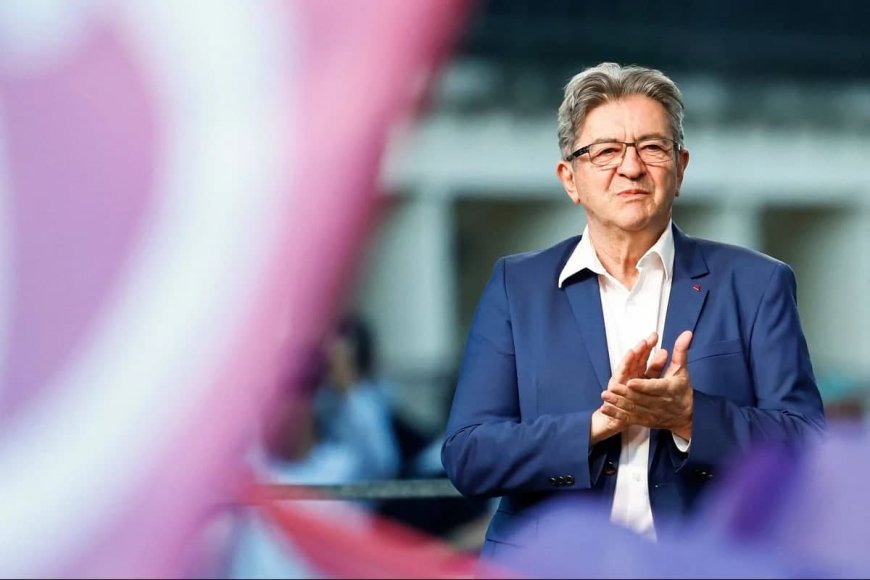France at a Crossroads: The Surprising Victory of Left Coalition in Legislative Elections

In recent days, France witnessed an astonishing shift in its parliamentary landscape during the second phase of the elections. The leftist coalition, defying all odds, secured a significant number of seats—nearly 200 out of the 577 available. While this does not constitute an absolute majority, it marks a pivotal moment in French politics, one that many experts did not foresee.
Following the right's victory in the first round of the elections, a palpable wave of concern swept through France and Europe. This anxiety catalyzed a rare unity among the left, center-right, liberals, and greens, successfully preventing the far-right from making substantial gains. As a result, the far-right emerged as the third-largest faction in the parliament, trailing the left and President Macron's party.
Moreover, voter turnout shattered records, reaching nearly 70%, the highest since the 1980s. This unprecedented participation underscores French society's deep concern for its political future and its resounding rejection of extremism. This sentiment was echoed across Europe, with leaders like the Polish Prime Minister expressing relief at the far-right's defeat. Yet, one must not overlook that Marine Le Pen's party still secured nearly 140 seats, up from 89 previously. This growth indicates a troubling shift towards extremism, posing significant challenges for France, Europe, and the international order.
The recent elections, while marking a rare and impressive victory for the left, also highlight a lack of unity within France. No party secured an absolute majority, and the incumbent government finished second, further complicating the political landscape. This outcome is a clear sign of widespread dissatisfaction with the current administration. The fragmented vote revealed a desperate need for an inspiring leader, a role that Macron has struggled to fulfill. One could interpret the leftist victory as a protest against the government, which, if disregarded, could lead to a shift towards the far-right in future elections.
To avert this scenario, Macron's government must collaborate with the victorious parties and reassess its policies. This historic moment calls for an alliance across the political spectrum to navigate the country's economic and social challenges. Failure to do so could provide the far-right with an opportunity to exploit public discontent and rise to power with populist rhetoric.
The far-right's significant presence in parliament poses a formidable challenge to the government's agenda. Even a coalition government may struggle to find success. Thus, the left, liberals, greens, and communists must continue their tactical cooperation to curb the far-right's influence. Although this path is fraught with difficulty, it offers Macron a chance to demonstrate true leadership and prevent the far-right from dominating French politics. Such a move could earn him lasting respect within the European Union.
As the world watches, one question remains: Does France still have surprises in store? This moment of political upheaval could either herald a new era of progressive governance or signal a dangerous lurch towards extremism. The stakes have never been higher, and the decisions made now will shape the future of France and its role on the global stage.













































